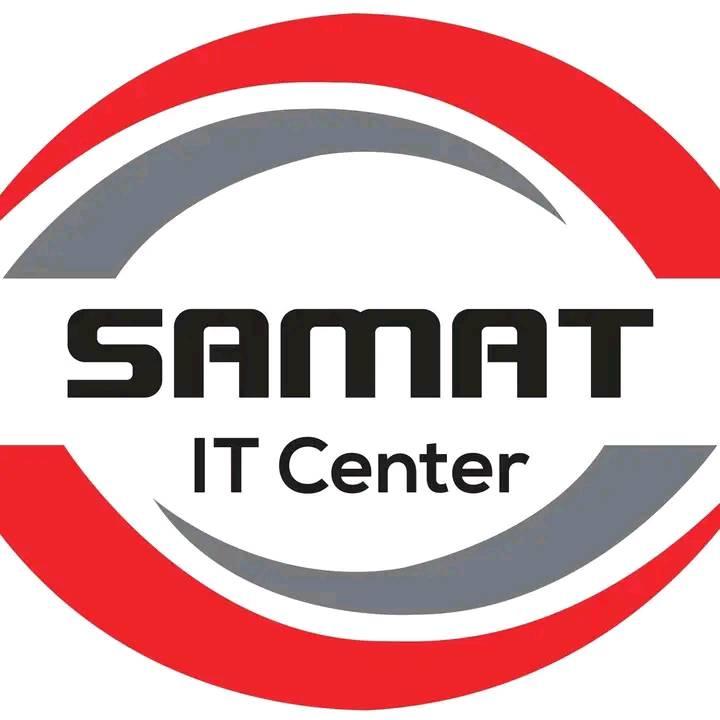
### How to Grow Your IT Knowledge: A Comprehensive Guide
In today’s technology-driven world, possessing strong IT knowledge is not only beneficial but essential for career growth and personal development. Whether you are a beginner looking to enter the field or a professional seeking to deepen your expertise, continuously expanding your IT knowledge can open up numerous opportunities. This article provides a detailed guide on how to effectively grow your IT knowledge.
#### 1. **Identify Your Interests and Goals**
Before diving into the vast field of IT, it’s important to identify your specific interests and career goals. IT encompasses various domains such as software development, cybersecurity, data science, network administration, and more. Understanding what excites you the most will help you focus your learning efforts and set achievable goals.
#### 2. **Utilize Online Learning Platforms**
The internet is a treasure trove of resources for IT learning. Here are some popular online platforms to consider:
- **Coursera**: Offers courses from top universities and companies. You can find classes on a wide range of IT topics, from programming to machine learning.
- **edX**: Similar to Coursera, edX provides courses from reputable institutions and covers various IT disciplines.
- **Udemy**: Features a vast selection of courses, often more affordable and practical, with hands-on projects and real-world applications.
- **Khan Academy**: Great for foundational knowledge, particularly in computer science and mathematics.
- **Pluralsight**: Focuses on technology-specific courses, ideal for professional development and keeping up with the latest tech trends.
#### 3. **Earn Certifications**
Certifications are a valuable way to validate your skills and knowledge. They can enhance your resume and make you stand out to potential employers. Some well-regarded IT certifications include:
- **CompTIA A+**: A foundational certification covering essential IT skills.
- **Cisco Certified Network Associate (CCNA)**: Focuses on networking fundamentals.
- **Certified Information Systems Security Professional (CISSP)**: Highly respected in the field of cybersecurity.
- **AWS Certified Solutions Architect**: Demonstrates expertise in cloud computing with Amazon Web Services.
- **Microsoft Certified: Azure Fundamentals**: Validates knowledge of Microsoft Azure cloud services.
#### 4. **Engage in Practical Experience**
Hands-on experience is crucial for solidifying your IT knowledge. Here are some ways to gain practical experience:
- **Personal Projects**: Build your own projects, such as creating a website, developing a mobile app, or setting up a home network.
- **Internships**: Seek internships to gain real-world experience and learn from professionals in the industry.
- **Open Source Contributions**: Participate in open-source projects on platforms like GitHub. This not only improves your skills but also helps you connect with the IT community.
- **Hackathons and Competitions**: Join coding competitions and hackathons to challenge yourself and collaborate with others.
#### 5. **Join IT Communities and Forums**
Engaging with the IT community can provide support, insights, and networking opportunities. Some popular communities and forums include:
- **Stack Overflow**: A question-and-answer site for programmers where you can ask questions and help others.
- **Reddit**: Subreddits like r/learnprogramming, r/cybersecurity, and r/networking are great places to discuss topics and share resources.
- **GitHub**: Not just for code hosting, GitHub also offers a platform to collaborate with other developers.
- **LinkedIn**: Join professional groups and follow industry leaders to stay updated on the latest trends and opportunities.
#### 6. **Stay Updated with Industry Trends**
The IT industry evolves rapidly, and staying updated with the latest trends and technologies is crucial. Here’s how to keep yourself informed:
- **Tech News Websites**: Follow sites like TechCrunch, Wired, and Ars Technica for news on the latest developments in technology.
- **Podcasts and Webinars**: Listen to tech podcasts and attend webinars to gain insights from industry experts.
- **Research Papers and Journals**: Read research papers and journals to understand the cutting-edge advancements in IT.
#### 7. **Pursue Formal Education**
While not always necessary, formal education can provide a structured and comprehensive foundation in IT. Consider pursuing:
- **Bachelor’s Degree**: In fields such as Computer Science, Information Technology, or Software Engineering.
- **Master’s Degree**: For advanced knowledge and specialization in areas like Artificial Intelligence, Data Science, or Cybersecurity.
- **Bootcamps**: Intensive, short-term training programs focused on specific IT skills like coding or data analysis.
#### 8. **Develop Soft Skills**
Technical skills alone are not enough; soft skills are equally important in the IT field. Focus on developing:
- **Problem-Solving**: The ability to troubleshoot and solve issues effectively.
- **Communication**: Clear communication with team members and stakeholders.
- **Project Management**: Organizing and managing IT projects efficiently.
- **Teamwork**: Collaborating effectively with others in a team environment.
#### Conclusion
Growing your IT knowledge requires a combination of structured learning, practical experience, and continuous engagement with the IT community. By setting clear goals, utilizing diverse resources, and staying updated with industry trends, you can build a strong foundation and advance your career in the dynamic and ever-evolving field of information technology.
